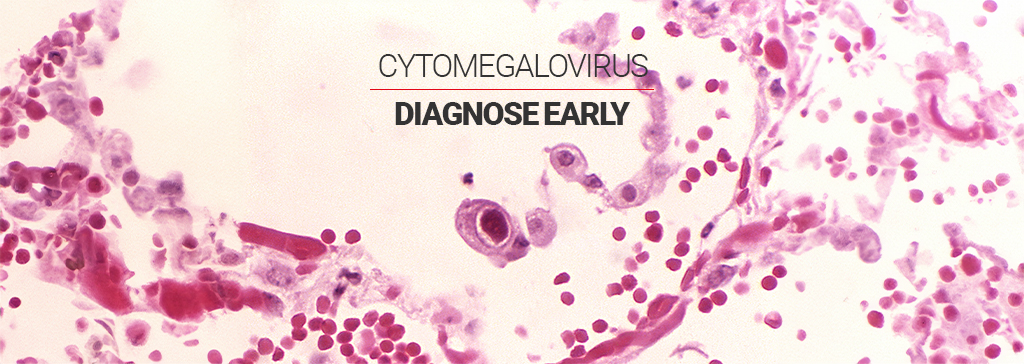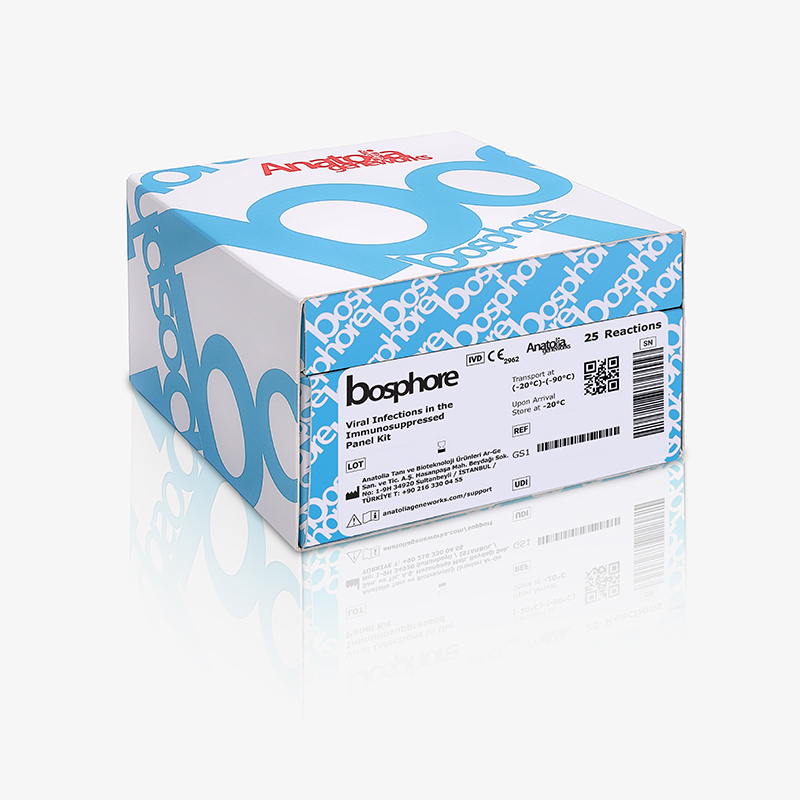
National Cytomegalovirus (CMV) Awareness Month
Cytomegalovirus (CMV) is usually undetected and does not cause any infection in the body. However, it is an opportunistic pathogen that causes problems in individuals whose immunocompromised. Of these individuals, those most at risk are newborns and infants. CMV is the most common infectious cause of birth defects in infants and can be transmitted through the umbilical cord during pregnancy. June has been declared as an awareness month to draw attention to these problems.
It is stated that one out of every 200 babies in the United States is born with CMV, and one out of every 5 babies born with CMV experiences permanent hearing loss. Congenital disabilities caused by CMV are not limited to deafness; Blindness, microcephaly (abnormally small head), mental impairments, and developmental and motor delays are other lifelong problems that babies born with CMV may suffer. Babies may also experience enlarged liver and spleen, seizures, low birth weight, and jaundice (hepatitis). The most severe case of CMV infection while pregnant can result in miscarriage.
CMV is found in all bodily fluids, such as breast milk, genital fluids, and most abundantly in saliva. Transmission happens predictably through sharing a kiss or sexual contact. Most CMV carriers do not realize they are carriers, do not experience any health problems, and do not need treatment. There is no treatment method that will accomplish a full elimination of the CMV infection, thus supportive antiviral treatments are applied. A blood sample is required for diagnosis in adults, and a urine or saliva sample is required for newborns.
To protect newborns who are likely severely affected by cytomegalovirus infections, one should not kiss newborns and infants, or share food, drink, or utensils with them.
Reference:






